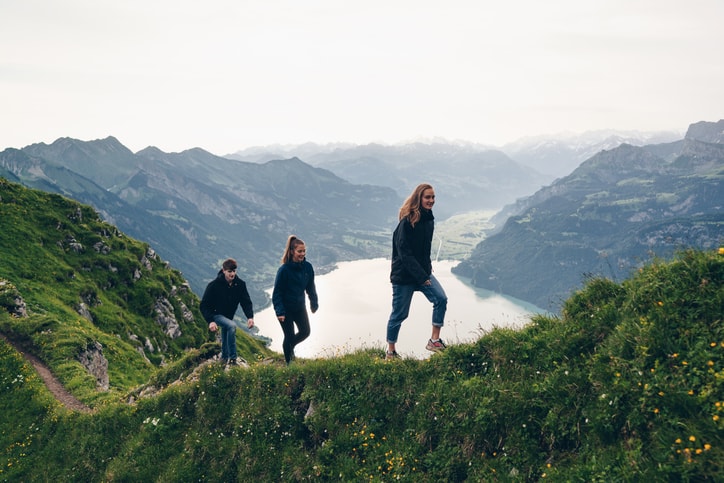Thursday, April 10, 2025
Forests regulate the climate, filter water, protect soils, and are home to most of the world’s biodiversity. They play a vital role in maintaining the planet’s balance. Conserving them is essential for creating a more sustainable future and continuing to enjoy the countless benefits they provide.
Forests cover approximately 31% of the Earth’s surface, equating to more than 4 billion hectares. They are home to nearly 80% of terrestrial biodiversity, including species essential for maintaining ecosystem balance, according to the UN. Additionally, forests support over 1.6 billion people who depend directly on forest resources for food, housing, and livelihoods.
Forests are also key to regulating the water cycle by generating rainfall, purifying water, and ensuring its availability for millions of people. It is estimated that 75% of the world’s accessible freshwater comes from forested watersheds, emphasizing the importance of their protection.
In terms of health, forests are powerful allies for human wellbeing. A number of studies show that spending time in green spaces reduces stress, improves concentration, and even boosts the immune system. It’s no coincidence that in countries like Japan, shinrin-yoku, or forest bathing, is promoted as a recognized therapy for improving physical and mental health.
Forests with recognition
In the past three decades, forested areas in Europe have increased by over 10 million hectares. Spain, home to one of Europe’s most diverse ecosystems, has expanded its forests from 13 million hectares in 1990 to over 18 million today, covering nearly 36% of the national territory.
This year, the province of León became a key biodiversity hotspot, hosting the Best Forest in Spain 2025, an honor granted by the NGO Bosques Sin Fronteras. The award went to the cork oak forests of Cobrana, also known as El Zofreral, a breathtaking landscape where history and nature converge. This forest, a sanctuary of centuries-old cork oaks, was honored for its ecological value and the community’s commitment to preserving it, becoming a symbol of the regenerative power of our forest landscapes.
Protecting forests for a better future
It is undeniable that forests are essential for climate stability and quality of life. Therefore, it is vital to implement measures to protect and conserve them.
The European Green Deal, for example, includes strategies for reforestation and sustainable forest management to achieve climate neutrality by 2050. Similarly, the Bonn Challenge, launched by the IUCN and the German government, aims to restore 350 million hectares of degraded forests by 2030. In Latin America, initiatives like Amazonía Viva, supported by various NGOs and indigenous communities, are working to combat deforestation and promote sustainable development in the region.
We don’t need to wait until March 21st, the International Day of Forests, to talk about forests. Their impact is constant. Forests must be recognized as essential allies for the planet’s balance and the well-being of future generations.
¿Te ha parecido interesante?





